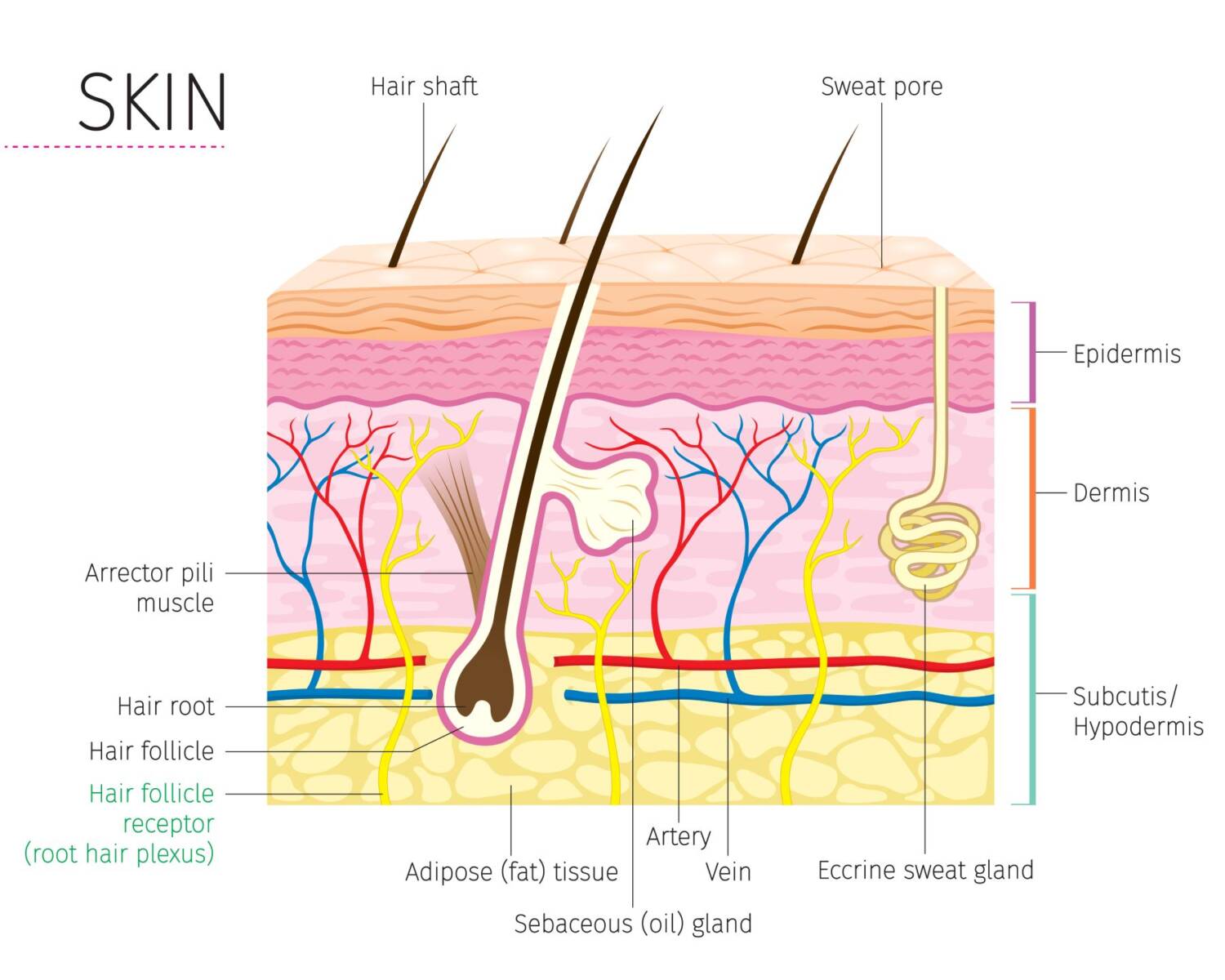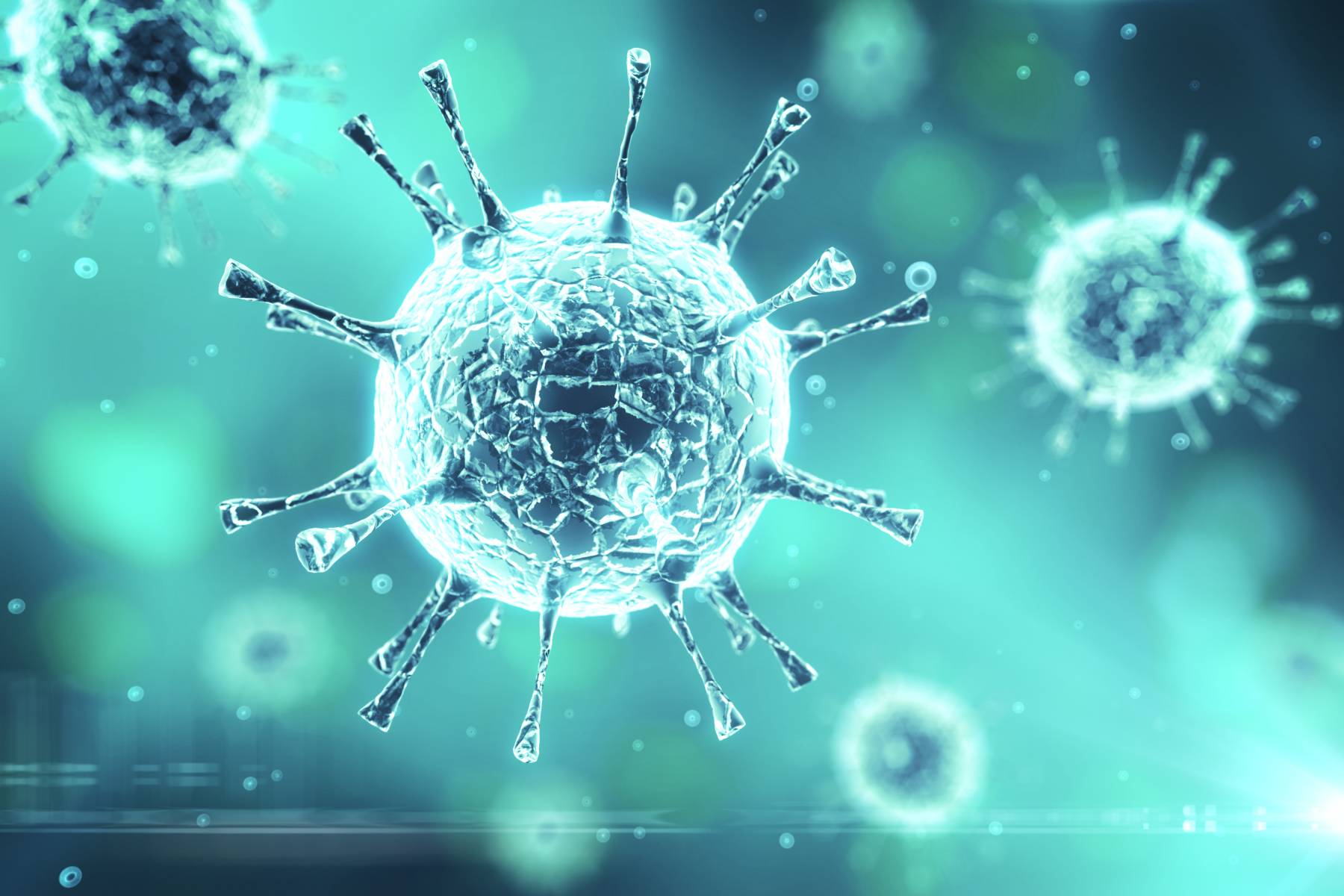
Seeing Skincare Differently
Our skin, the largest organ of our body, is much more than what we see on the surface. It’s a complex and crucial barrier that

For All Skin Types

Viruses are the smallest of all the microbes. They are so small that 500 million rhinoviruses (which cause the common cold) could fit on to the head of a pin. They are unique because they are only live and are able to multiply inside the cells of other living things. The cell they multiply in is called the host cell.
A virus is made up of a core of genetic material, either DNA or RNA, surrounded by a protective coat called a capsid which is made up of protein. Sometimes the capsid is surrounded by an additional spikey coat called the envelope. Viruses are capable of latching onto host cells and getting inside them.
Viruses only exist to make more viruses. The virus particle attaches to the host cell before penetrating it. The virus then uses the host cell’s machinery to replicate its own genetic material. Once replication has been completed the virus particles leave the host by either budding or bursting out of the cell (lysis).
Some of the most common or most well known viruses include: Rhinovirus (common cold), Influenza, Polio, Measles, Rabies, AIDS, MERS, SARS, Ebola, and Herpes.
You can catch some viruses simply by breathing. These are called airborne viruses. This is the case with COVID-19 virus.
Airborne viruses can spread when people with certain infections cough, sneeze, or talk, spewing nasal and throat secretions into the air. Some viruses (or bacteria) take flight and hang in the air or land on other people or surfaces. When you breathe in airborne pathogenic organisms, they take up residence inside you. You can also pick up germs when you touch a surface that harbors them, and then touch your own eyes, nose, or mouth.
Although it’s impossible to completely avoid airborne pathogens, there are some things you can do to lower your chances of getting sick:
If we follow the above advice we will minimize the impact of this pandemic.

Our skin, the largest organ of our body, is much more than what we see on the surface. It’s a complex and crucial barrier that

In the world of skincare, countless products vie for our attention, promising a youthful glow, wrinkle reduction, and age defying perfection. But with so many

In the realm of skincare shopping, there’s a little-known secret that can make a big difference both to your wallet and the planet: opting for

The “wellness” industry is booming. From colon cleanses to crystal healing, the market explodes with promises of optimal health, inner peace, and eternal youth. But

At Columbia SkinCare, when we ponder the question, “Are you feeling well?”, we delve deep into the essence of what wellness truly signifies. In our